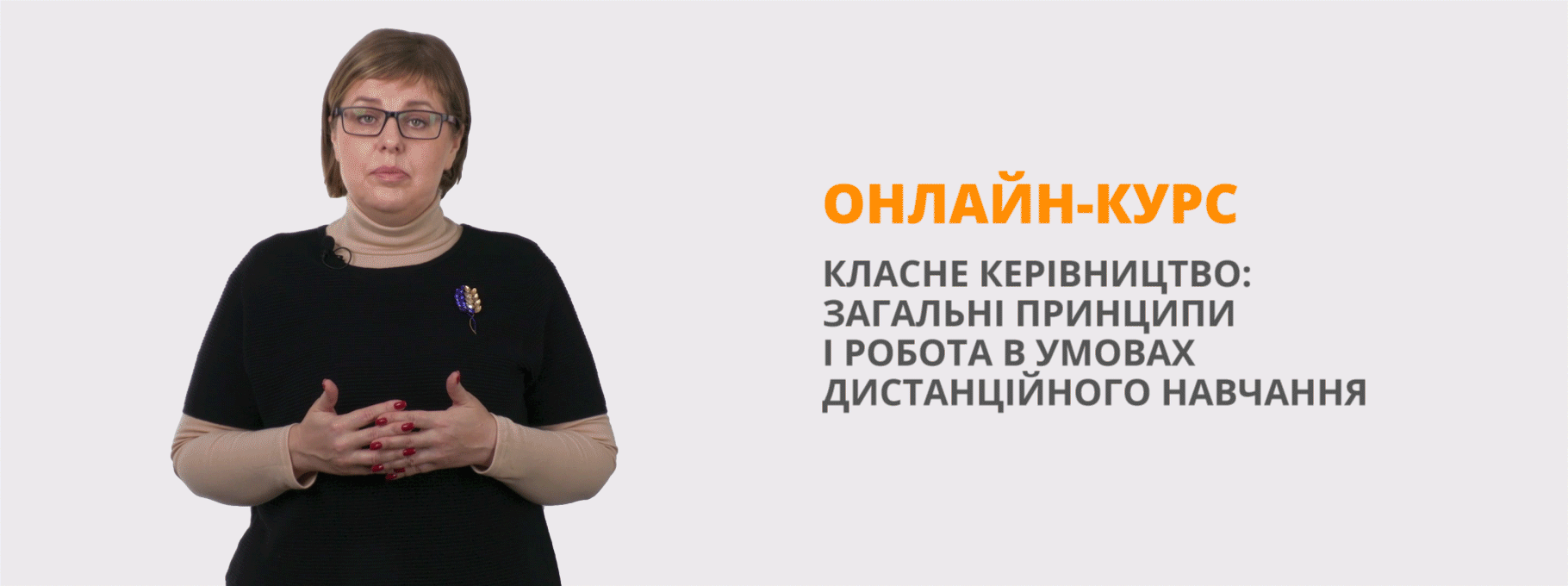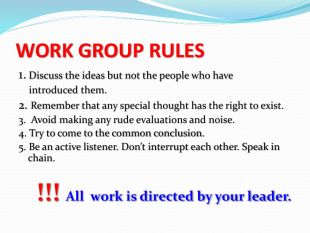Розробка уроку з англійської мови для 9 класу з теми "Засоби масової інформації"
Матеріал уроку може бути використаний для формування комунікативної компетентності учнів на етапі закріплення лексико-граматичних навичок та вмінь з теми "Mass Media".
MASS MEDIA IN OUR LIFE
(10th- Form)
Objectives:
- practical: to develop skills and abilities of speech competencies (monologue and dialogical speech); to review and consolidate the use of the learned vocabulary; to train students in audition; to control the comprehension of the heard; to practice pupils in creating projects; to work out group work skills;
- developing: to develop socio-cultural, sociolinguistic, communicative and informative competences of students;
- educational: to cultivate a tolerant attitude towards others; to treat with respect to the opinions of the interlocutors; to form the qualities of group work and society; to form aesthetic taste and culture of behavior.
Type of lesson: development of skills and abilities of spoken language.
Materials: multimedia equipment, computer, CD with recording, presentation of Power Point program; materials for checking comprehension of texts for listening, didactic material (paper for projects, markers); list of topics by the choice of students to write a message at home; musical accompaniment.
Lesson Procedure
I. Preliminaries of the lesson. Introduction of the aim.
(SLIDE 1)
Teacher. Good morning to everybody! How are you? I’m glad to see you in good health and mood. Today we have the lesson devoted to mass media.
(SLIDE 2)
- Aims of the lesson . At our lesson we are going to develop an oral speech in two forms: monological and dialogic ones. I think it can be usual for you while communicating with English speaking people. We shall practice our ears. We shall be involved in a group work, we shall develop skills of work in a group. We shall form speech etiquette. I think it will also helpful for you in the situation I have just mentioned above. I want you to be creative, talkative, tolerant and of course active.
- Teacher’s introductory word. It is no wonder that the 21st century is regarded as an information age. Mass media actually rule the world and play a very important role in our lives. Newspapers, radio, TV and the Internet inform us of what is happening in the world and give us wonderful possibilities for education and entertainment. But how do you understand the word combination “mass media”?
II. WARMING-UP
P1: As far as I understand it is considered to be means of communication.
Teacher. What does it include?
(SLIDE 3)
P2: Mass media or the media generally includes radio, television, newspapers, and, the Internet.
Teacher. What do you think about the role of mass media nowadays?
P3: I think it’s great! To my mind we can’t imagine our life without surfing on the Internet or watching TV.
P4: I’d like to add that some people enjoy listening to the radio while travelling by train or by car and even on foot. It’s very comfortable and entertaining.
P5: In my opinion we have to read more to be intelligent and informed. What I mean is that we can’t do without newspapers and magazines. For instance I don’t mind looking through a local one to be aware of some news.
P6: I fully agree with ….. ’s opinion. As far as I’m concerned I find relaxing reading a magazine after a hard working day or while having a rest somewhere.
III. MAIN PART OF THE LESSON.
- Pupils presentations
Teacher. You are absolutely right! All these means of communication make our life easier, more interesting and captivating. Do you know that the students of our lyceum were interviewed by ……? The question was: Which of the media do you like best of all? I wonder what the results are. Do you know these results?
P1: It would be interesting to know.
P2: As for me I don’t care about it. Tastes differ.
P3: I adore questionnaires and I’m looking forward to the results!
P4: Certainly these results have been got at our school and I’m eager to learn them as soon as possible.
Teacher. Well, I see your opinions. To announce the results of this work I would like to give the floor to (P5), you are welcome to tell us about your research.
(SLIDE 4)
(P5). Let me present the results of my work to everybody. So I remind you that I asked the students of the lyceum about their favourite media. Then I processed the results of the questionnaire and I would like to depict them with the help of a diagram. You can see the percentage on the screen. It’s no wonder that most of the pupils prefer using the Internet. I’m not going to discover America , everybody who is present here knows that we are often asked to make a report or to find a piece of information by our teachers. By the way so does our teacher.
Teacher. Right you are, (P5).
As you can see television is also very popular. We enjoy watching it especially instead of doing our homework. Would you say to me honestly, can you imagine yourselves reading chemistry while a cool film is on?! (gests)
Pupils: No/Yes/ It’s impossible /I’m hardly ever able to refuse from a good picture /Sometimes/It’s difficult to say.
(P5). It’s a pity that only 5% of the respondents chose radio. But some years ago our parents and grandparents couldn’t imagine their lives without radio broadcast. My granny was fond of listener’s request programs. The times change and we change with them.
Teacher. How clever of you, (P5)! Really time is flying. So let’s come to the conclusion.
(P5). To sum it up I must say that the Internet is the leader of the media. May be the situation will change we shall live we shall see.
Teacher. Thank you for your interesting report, (P5). You may take your seat.
When I was of your age the Internet hadn’t been invented yet. My generation consisted of radio listeners and televiewers. But now radio and TV has changed greatly. New popular programs have appeared. What are they?
P1: I guess there are reality shows.
Teacher. That’s right.
P2: I suppose we can speak about chat shows too.
Teacher. I agree with you.
P3: May be sitcoms?
Teacher. Correctly.
P4: Of course game shows should be mentioned.
Teacher. O.K.!
- Listening activity:
- pre-listening activity. Now I want to introduce you some pieces of TV programs. Your task is to listen attentively and try to define what kind of program they are. You have special cards on your desks. You are to match each piece of program with an appropriate word. Is it clear? Let’s start.
(playing the text for listening)
- while-listening activity( pupils listen to some phrases)
- post-listening activity. Now I’ll give you a minute to work with your cards.
(Pupils work with cards).
Put your pens aside. Don’t write anything. It’s time to check.
(Checking the results on the screen)
It’s high time to relax ourselves. What’s better for you to do some physical exercises or to dance. Let’s dance!!!! (dancing ducklings)
- Project work.
Teacher. Now you know your results. Hand me your papers in and next lesson I’ll tell you your marks. So it is a usual set of TV programs at any modern channel.
(SLIDE 5 matching)
Let’s match the types of TV programs with their definitions.
Teacher. I have an interesting suggestion for you. I want you to imagine yourselves in the role of TV producers. You are to invent a new channel that have never existed before. You are to give a name to your channel and present a list of new programs with comments. You have all the necessary things to make up a poster for your project. You will work in small groups. I hope, being your teacher I have the right to appoint a leader for every group. They will be (names). I want these pupils to come up to my table and to treat with the sweets (3 sweets) Take any sweet you like. I wish to treat the rest of pupils too. Help yourself! It was not a simple treating. I want you to join with the pupils who have the same colour of the sweet. We have just formed working teams. Actually (names) are the principles of the channels. Meet them and you are the staff: producers and managers. I think ten minutes will be enough for you with a project.
Don’t forget about the work group rules.
(SLIDE 6)
( work group rules)
Let’s sound them! ……..
Get down to work.
(the background melody sounds)
(Pupils are working on their projects in groups)
- Project presentations
Teacher. It’s time to present your projects. Which group will be the first to start?
- pupils’ groups present their projects
- answering questions work
Teacher. You have just listened to different TV channels projects.
Teacher. Thank you for your creative work. As I can judge you are really able to realize any interesting project. I can be proud of you.
IV. Summing-up. Reflexion. Evaluations.
Teacher. Our lesson comes to an end. We have to summarize our work at the lesson.
Did you like working at the lesson?
What did you learn to do during the lesson?
(pupils express their opinions)
So we have spoken about the role of mass media nowadays. We have found out about the results of the questionnaire presented by Alexandra. Also we have practiced in listening. You were very creative, active and talkative working on your projects in groups. At the same time you were trying to express your emotions in a polite way.
I’d like to thank you for your good work at the lesson.
Our leaders and (P5) get …. points, as for the rest of the group you get …. points.
V. Home Assignment
(SLIDE 7)
To write an essay on one of the following topics. Choose your level.
Level 1 (7-9 points) – “When I was a little kid I liked to watch …”.
Level 2 (10-12 points) – “What would you change on the national TV if you were its general producer?”.
I’d like to thank you for good work at the lesson. I hope you enjoyed it.
Our lesson is over. You may be free. See you later. Good bye.
APPENDICES
LISTENING
Listen and match what you hear from the television programs listened below.
- reality show
- chat show
- sitcom
- documentary
- soap opera
- game show
HOME ASSIGNMENT
To write an essay on one of the following topics. Choose your level.
Level 1 (7-9 points) – “When I was a little kid I liked to watch …”.
Level 2 (10-12 points) – “What would you change on the national TV if you were its general producer?”.


про публікацію авторської розробки
Додати розробку














